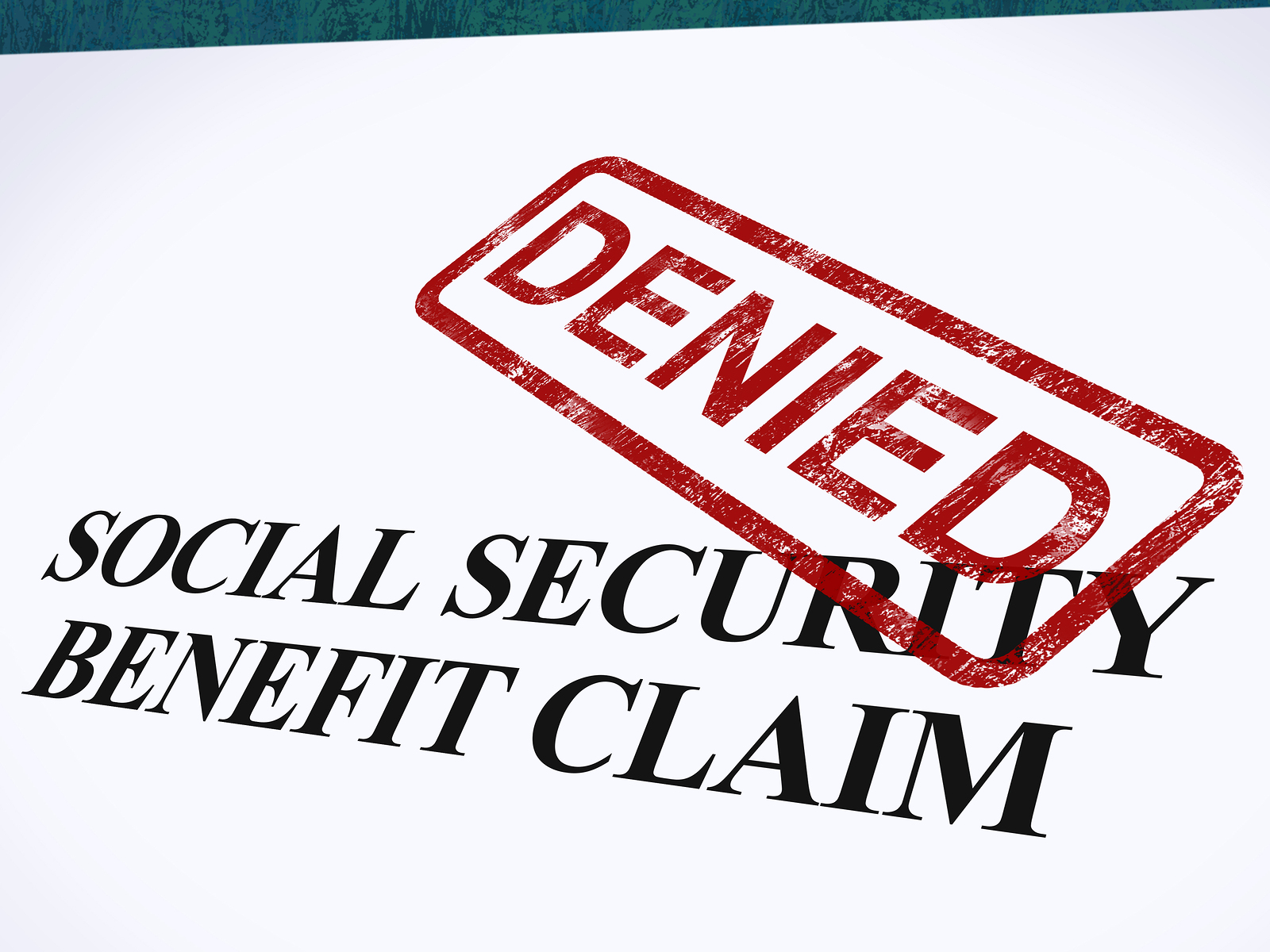Request Denied: Common Mistakes that Ruin your Social Security Disability Application
Applying for Social Security Disability (SSD) benefits for the first time or submitting an appeal for a rejected application can be a nerve-wracking experience. You’re dealing with a long-term illness or injury, and just need enough money to get by while you try and recover as much of your life as possible. How can the Social Security Administration even think to deny your application? Probably because you made one of these very common mistakes without the services of an experienced SSD attorney. Don’t worry, we’ve got the information you need right here to maximize your chances of success.
1. Forgetting to Disclose Pensions and Other Income Sources
Determining your eligibility for SSD benefits requires the full disclosure of your income sources, including any pensions you receive from previous employment or other arrangement. If you receive a pension for non-covered work – an income source that didn’t pay into Social Security – your eligibility for benefits might be greatly reduced. Pensions of this variety include disbursements from the Civil Service Retirement System. Disclose all income on your application so our attorneys can make an informed estimation of your application’s strength.
2. Getting Married or Divorced
Marriage and divorce both effect your SSD application in different ways and can change income thresholds for receiving compensation for your pain. If you get married or divorced while your application is still in process, you should let the Social Security Administration know immediately to amend your application. Otherwise, you might have to wait additional time to receive regular payments.
3. Outstanding Warrants and New Arrests
An outstanding felony warrants for fleeing custody, avoiding prosecution, and escape-flight render you ineligible to receive SSD benefits, survivor’s benefits, or regular retirement pay. If you’re incarcerated while receiving disability pay, your benefits usually stop until you’re released from prison, unless a you have an eligible family member who can continue to receive checks uninterrupted until your release.
4. Living Outside the United States
You can live in most counties outside the United States and continue to receive regular disability payments from the Social Security Administration. However, if you choose to live in the following countries, your benefits will stop: Cambodia, Cuba, North Korea, Vietnam, and countries in the former Soviet Union other than Russia, Armenia, Estonia, Latvia and Lithuania. The Social Security Administration makes exceptions for those living in countries other than Cuba and North Korea. Contact our firm today if you have questions about your eligibility.
Regardless of your situation, you shouldn’t lie on your application for disability benefits – ever. Doing so is a federal crime punishable with prison time and a financially prohibitive restitution plan. The federal government will get their money back, and it will cost you dearly.
If you’re looking to maximize your Social Security Disability application’s chances for first-time approval, you need our SSD attorneys in Montgomery County working on your case. Contact our experienced law firm today for a free assessment of your disability claim, and a no-nonsense explanation of what we can do to help you in your time of need.


































